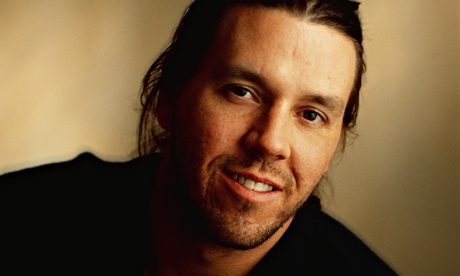
I was in the long, sullen afternoon of my early 20s, contentedly directionless, occupying an office cubicle from Monday to Friday and writing gruesomely mannered and mercifully short poems, hungover, on Sundays. I wanted to be a writer, but was worried I only wanted to be a writer because I wanted to be a writer.
I read Infinite Jest on my weekday tram commute over a summer. Just over 1,000 pages long, heavily influenced by the dense, formally daunting works of Pynchon, Gaddis and McElroy, Infinite Jest is a crypto-apocalyptic, science-fiction-tainted satire and tragedy. It's about a great many things, from tennis and addiction to roving packs of giant feral hamsters and militant Quebecois wheelchair assassins, but beneath its almost defensively elaborate postmodern conceits is a novel brimming with extraordinary compassion and empathy.
The two main characters, teen tennis prodigy Hal Incandenza and recovering addict and ex-con Donald Gately, have stayed with me as few fictional entities do. Like Ulysses, Infinite Jest is a book that seems to echo and anticipate many other books. And it's no accident that its two central characters are a gifted, vulnerable but insufferably snide little prick, and an older, wiser, fundamentally decent man; or that the narrative hinges tantalisingly on the prospect of their exasperatingly deferred, but surely inevitable, connection.
The book left me euphoric and burdened. Here it is, it seemed to say: here is the torrential spate of the mind talking incessantly back to itself, the bottomless aporias and fleeting ecstasies that you, as a human, must suffer alone, like everyone else. Here is the head that pounds like a heart.
Infinite Jest gave me back to myself, and left me with nowhere to hide. I stopped writing my brittle, evasive poems. I began to wonder how on earth you do something like this.
• Colin Barrett's debut collection Young Skins won this year's Frank O'Connor international short story award, announced this week.

